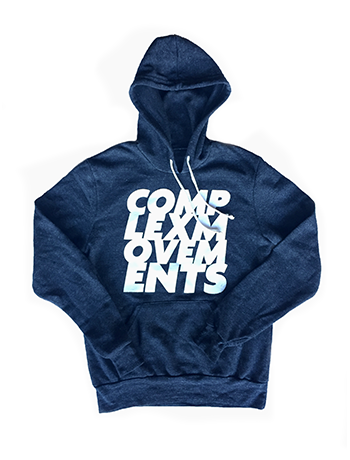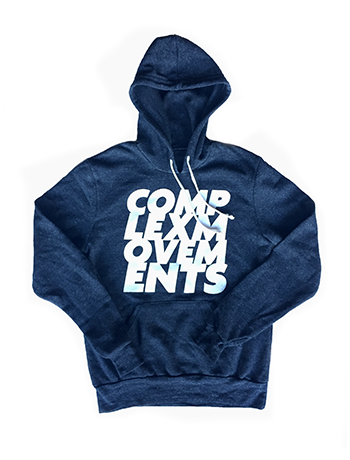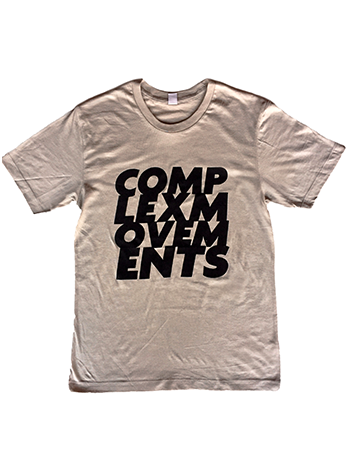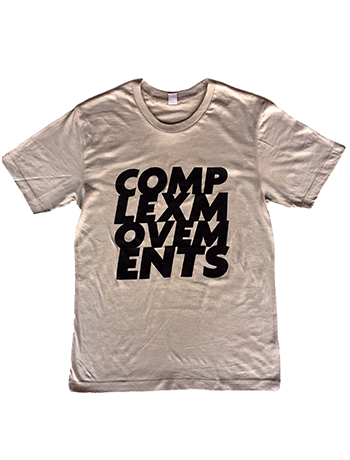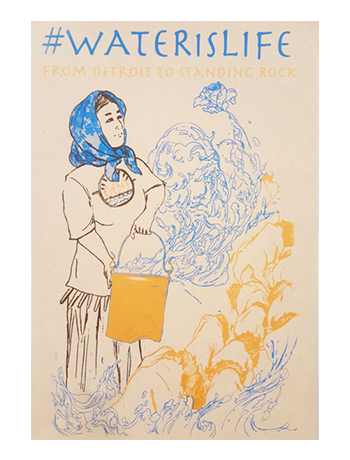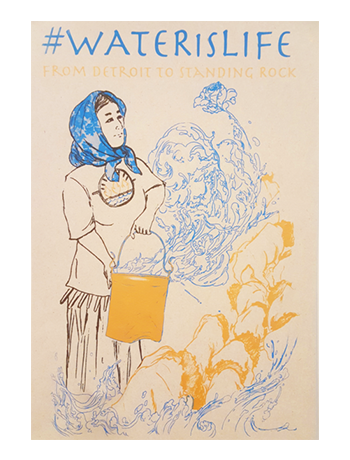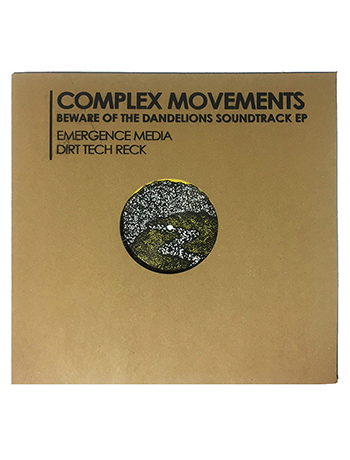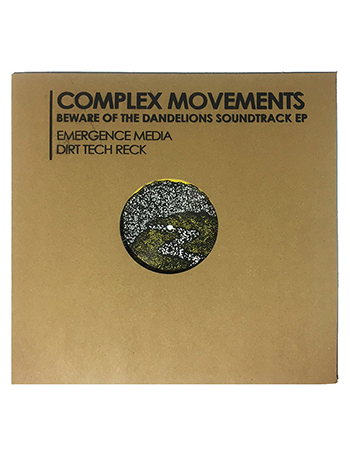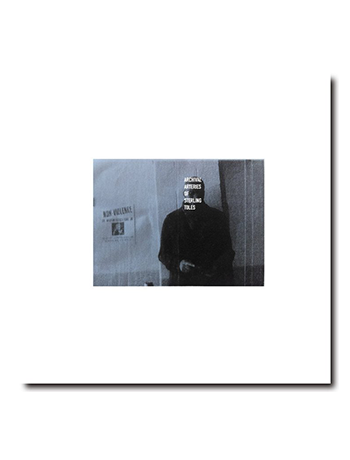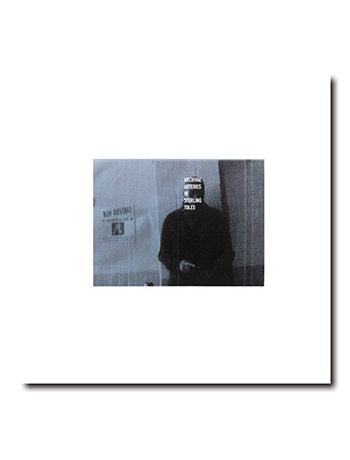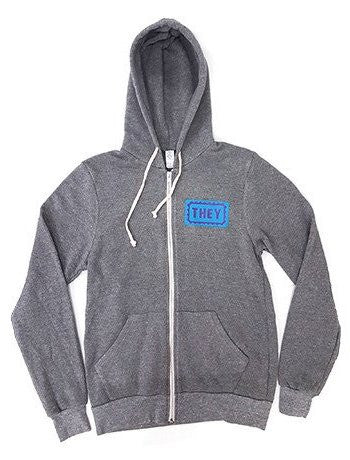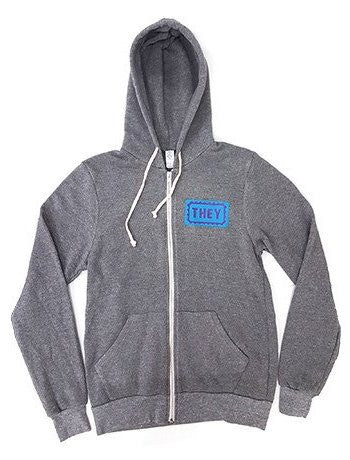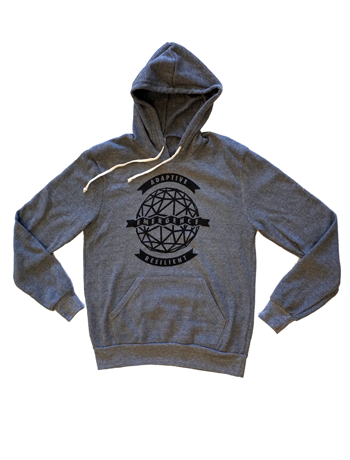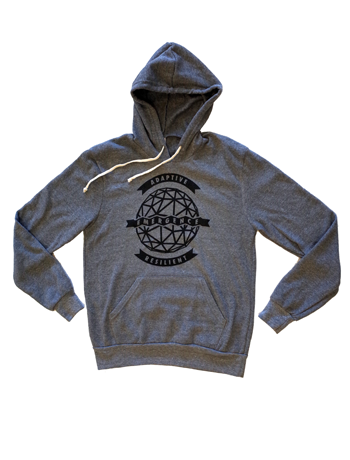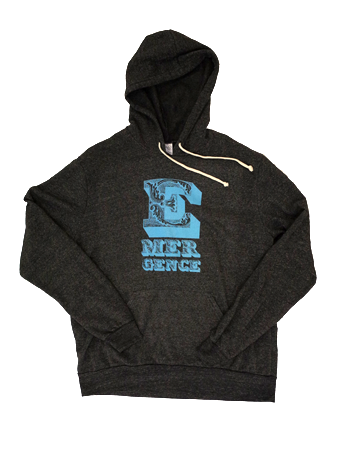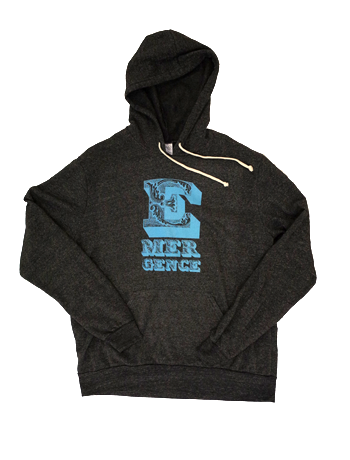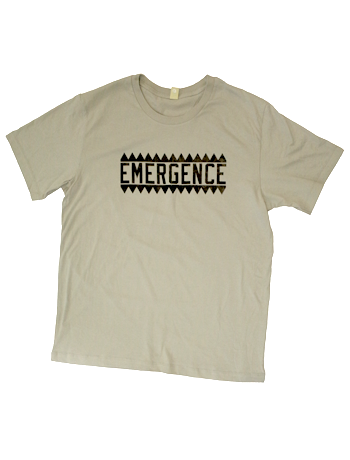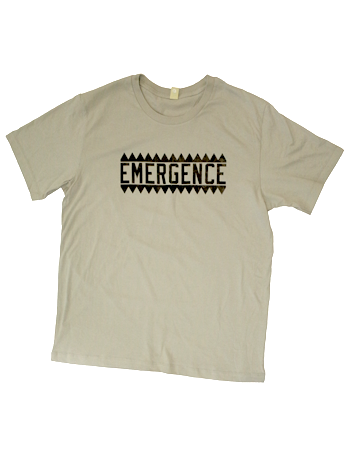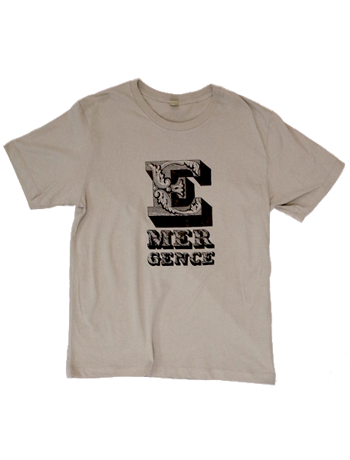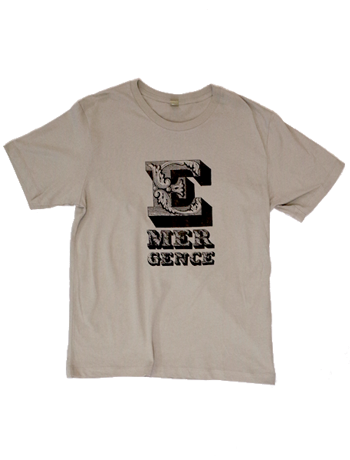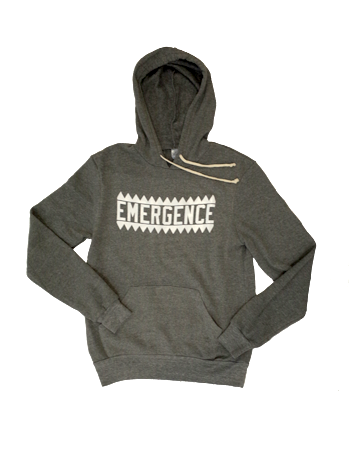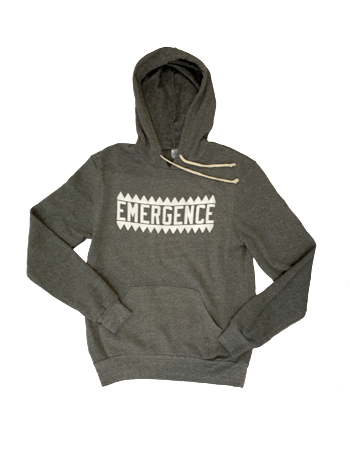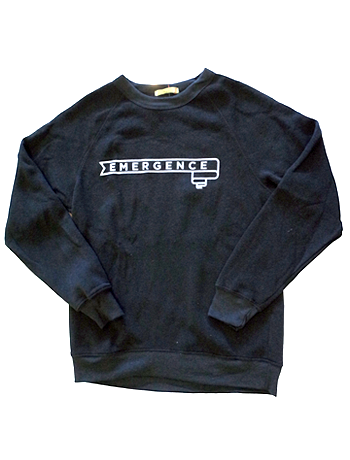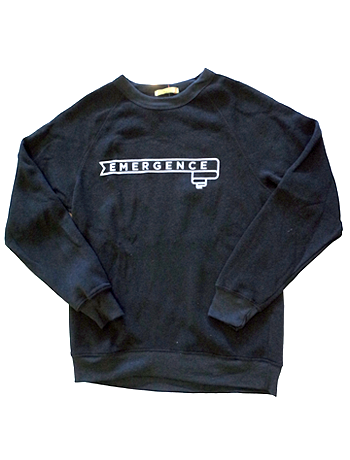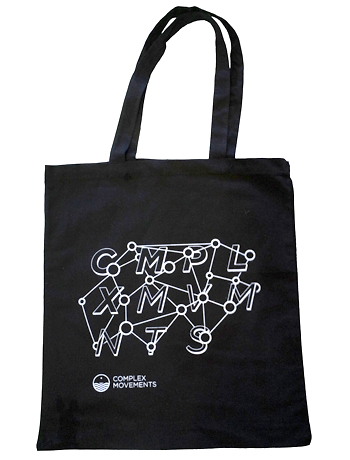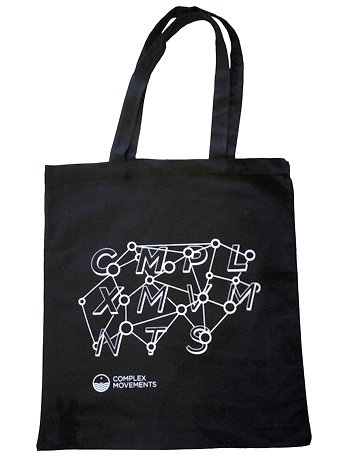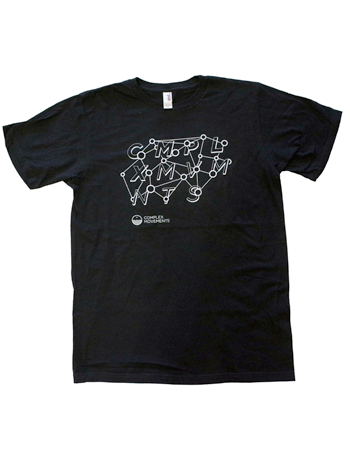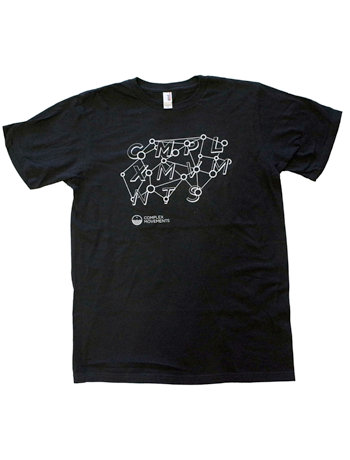THEY: Interview with Emerson Brisbon
ill Weaver and Wes Taylor have developed and are sharing a new line of apparel for Emergence called “THEY”. “THEY” is a strategy for signalling one’s self-identification with the gender nonconforming pronouns “they” and “them” in an affirming and aesthetically bold way. As part of the launch of this new apparel, ill discussed the “they/them” pronouns with other inspiring individuals who use “they/them” pronouns.
Read on for ill’s summary of their conversation with Emerson Brisbon. Read more thoughts from ill Weaver on the THEY campaign here.
About Emerson Brisbon
 Emerson Brisbon is a Philly based queer artist of color, herbalist in training and social justice worker. They've worked predominantly in and around youth organizing communities for over seven years and have been engaging in activism and personal politicization since high school. Emerson believes change is most successful when lead by the people most impacted. With a background in political education and training, they deeply value the importance of sharing skills, knowledge and resources to build community power. Drawing on the hope and belief that another world is possible, Emerson began taking and transferring photos onto canvas and created Another World Photography. Moved to capture the contrast between unseen, internal moments of beauty, joy and the stark isolation of city living, they develop nonlinear visions of that possibility in the present.
Emerson Brisbon is a Philly based queer artist of color, herbalist in training and social justice worker. They've worked predominantly in and around youth organizing communities for over seven years and have been engaging in activism and personal politicization since high school. Emerson believes change is most successful when lead by the people most impacted. With a background in political education and training, they deeply value the importance of sharing skills, knowledge and resources to build community power. Drawing on the hope and belief that another world is possible, Emerson began taking and transferring photos onto canvas and created Another World Photography. Moved to capture the contrast between unseen, internal moments of beauty, joy and the stark isolation of city living, they develop nonlinear visions of that possibility in the present.
ill discusses THEY with Emerson
In Emerson’s experience, conversations about gender-queerness are often over-intellectualized and excessively academic. Some of their life work has been about making these conversations more relevant and accessible.
Emerson shared their perspective that the pronoun “they” is often but not always used by people who identify as genderqueer or gender-non-conforming. They believe that sometimes the conversation about genderqueer identity feels like it happens at the expense of transgender identity. This is a concern for them as a person who – while not identifying as cis – still has cis-passing privilege. They are often “she'd” and almost never “he'd”, and still seen as a woman by much of the world even though they don't identify that way.
Emerson explained that when someone is genderqueer and femme-identified, their identity is much more complex than most people's assumptions about them, and there are ways that this causes harm and disrespect. They experience misogyny, but not necessarily transphobia or transmisogyny. That set of experiences is quite different from the transgressions of transphobia for someone who is trans, or transmisogyny for someone who is trans-femme.
Emerson spoke about the criminalization of gender-nonconforming identities in different spaces, such as airports, which they called “petri dishes of oppression”. They shared with me how difficult it is for them when they are misgendered, and expressed feeling like in some spaces no one understands their pronouns. When discussing how hard this is with other folks who use “they/them” pronouns, they are often reminded, “look it's gonna be hard because you're changing a whole culture and that's not gonna happen overnight”. Emerson shared that although they often advocate for others on this and other issues, it's hardest for them to advocate for their own identity, and especially challenging to be outspoken about it outside of the queer organizing spaces in which they work.
They explained that they first came out as queer in a very radical queer POC space. There isn't a specific instance they remember taking on they pronouns or an exact person that inspired them to do so. They were working at the youth organization FIERCE where there was a practice of regularly checking in with each person’s pronoun preferences at the beginning of most activities or workshops. This created a comfortable space for Emerson to “try on” the “they/them” pronouns in the beginning, and soon this became the way they were addressed with all of the FIERCE organizational membership.
It took a while before they began telling friends outside of that FIERCE space, but when Emerson finally decided to share their pronouns with friends, most of those friends had Emerson’s back, even helping spread the word about Emerson’s decision to use “they/them”.
Although Emerson didn’t know the exact origins of “they/them” pronoun usage, those pronouns just made the most sense to them and their identity. They were already identifying as genderqueer, and going by their chosen name of Emerson, so when they took on “they/them” pronouns it was the logical language to accompany their sense of self.
Emerson shared that their pronoun wasn’t always instantly accepted by all their friends. When they asked one friend to use they pronouns when addressing them, that friend expressed confusion and sadness about Emerson’s decision to change pronouns. She even told Emerson that she felt like she was losing her sister. Emerson wondered, “Are we really having this cliche convo?” Some relationships were strained and some even ended as Emerson’s use of “they/them” became a test of how willing friends were to support their change and growth.
Several years since these experiences Emerson still does some organizing work, but is also now running an independent photography business, making beautiful hand crafted prints which can be seen here: https://www.etsy.com/shop/AnotherWorldPhotos
Next →
← Previous

